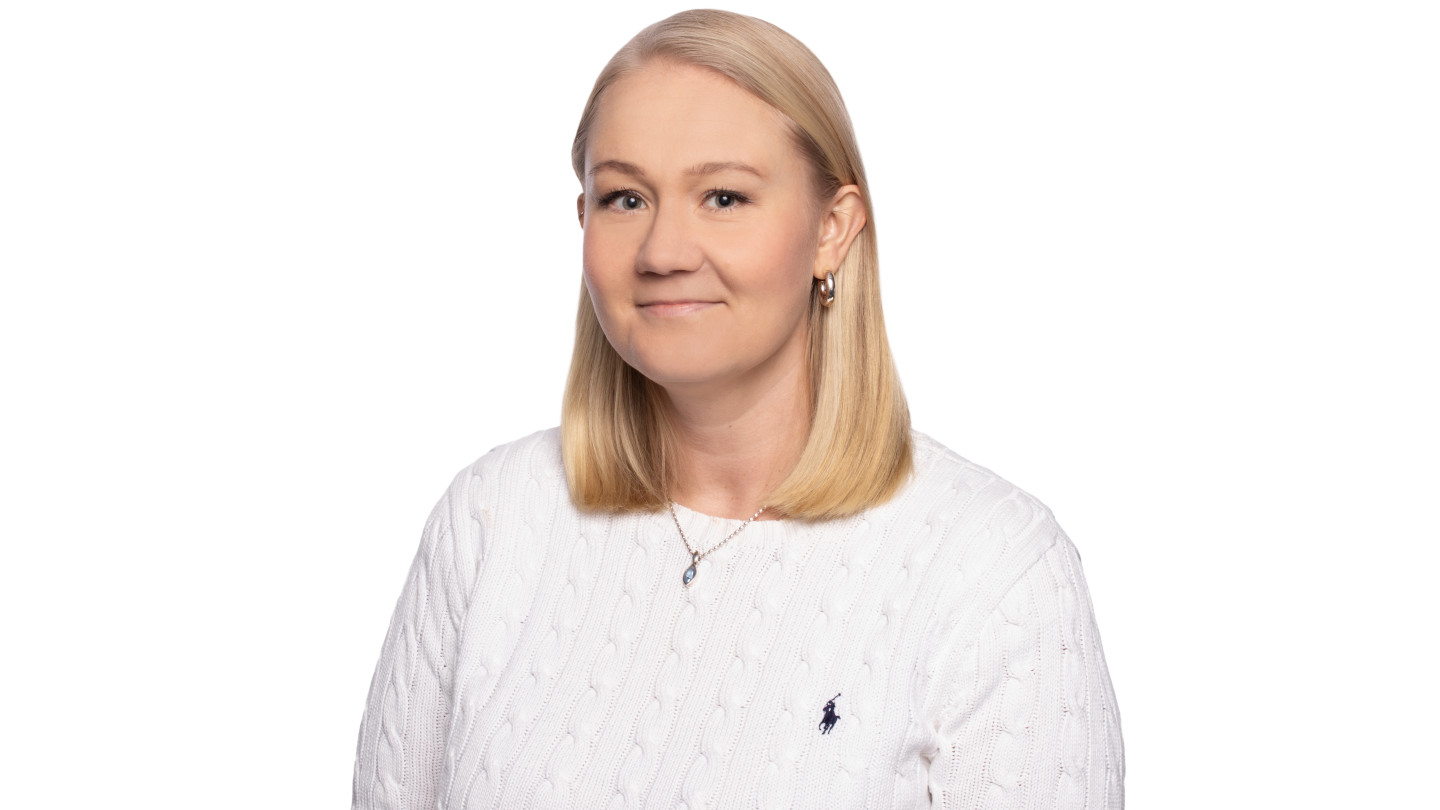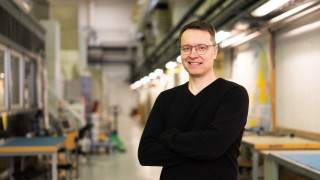Social circumstances leave their mark on functioning in older age

In her doctoral dissertation, Anna-Maria Lahti, MSc (Health Sciences), examined how socioeconomic status (SES) from childhood to adulthood, social vulnerability, and social environment are associated with functioning in older age.
The results show that low or declining SES throughout life was associated with poorer physical functioning in old age particularly among men. Additionally, it was found that physical functioning was equally good among men whose SES improved as among men whose SES was high throughout life.
"This result suggests that the effects of childhood disadvantage could possibly be compensated for in adulthood," Anna Lahti reflects.
Social vulnerability linked to poorer functioning
The study also revealed that social vulnerability, such as poor financial situation, lack of social support, and loneliness, predicted decline in physical functioning. On the other hand, the research also shows a hopeful finding: optimism and belief in one's own abilities protected mental functioning from the negative effects of social vulnerability. "A positive attitude toward life can thus act as a buffer even in difficult social circumstances," Lahti notes.
Differences in functioning also according to social environment
Social environment was studied through senior housing facilities. According to the results, men living in senior housing had poorer physical functioning than those living at home, whereas women living in senior housing were lonelier. "On the other hand, senior houses have good opportunities to support the functioning of older people through for example social activities and a safe living environment," Lahti reflects.
The doctoral dissertation emphasizes that it is important to consider the individual's entire life course and social conditions, not just their health status, when supporting the functioning of older people. At the same time, it is important to strengthen older people's personal resources and support an optimistic attitude as well as confidence in their own abilities.
The study used survey data from the Helsinki Birth Cohort Study (HBCS) and the BoAktiv study focusing on senior housing, as well as national registers and archives. The research was conducted at the Faculty of Sport and Health Sciences and the Gerontology Research Center (GEREC) at the University of Jyväskylä, and at Folkhälsan Research Center, Helsinki. The dissertation was funded by Samfundet Folkhälsan and Juho Vainio Foundation.
The public examination of Anna-Maria Lahti's doctoral dissertation "Social Circumstances and Social Environment as Determinants of Physical and Mental Functioning in Older Age," will be held on Wednesday, 3.12 2025, at 12 in the Liikunta-building, lecture hall L304.
Professor Tea Lallukka (University of Helsinki) will serve as opponent and Professor Mikaela von Bonsdorff (University of Jyväskylä) as custos. The dissertation defense will be held in Finnish.
The event may be followed online at https://r.jyu.fi/vaitos-lahti-031225.
The doctoral dissertation can be read online in the JYX archives https://urn.fi/URN:ISBN:978-952-86-1101-1
More information:




